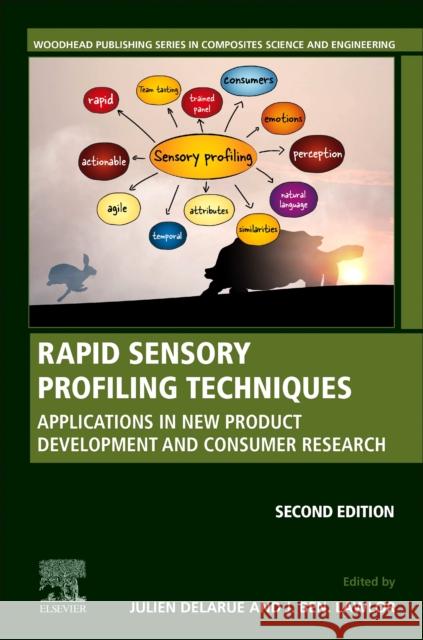Rapid Sensory Profiling Techniques: Applications in New Product Development and Consumer Research » książka
topmenu
Rapid Sensory Profiling Techniques: Applications in New Product Development and Consumer Research
ISBN-13: 9780128219362 / Angielski / Miękka / 2022
Rapid Sensory Profiling Techniques: Applications in New Product Development and Consumer Research
ISBN-13: 9780128219362 / Angielski / Miękka / 2022
cena 1075,31 zł
(netto: 1024,10 VAT: 5%)
Najniższa cena z 30 dni: 1062,14 zł
(netto: 1024,10 VAT: 5%)
Najniższa cena z 30 dni: 1062,14 zł
Termin realizacji zamówienia:
ok. 30 dni roboczych
Bez gwarancji dostawy przed świętami
ok. 30 dni roboczych
Bez gwarancji dostawy przed świętami
Darmowa dostawa!
Kategorie:
Kategorie BISAC:
Wydawca:
Woodhead Publishing
Seria wydawnicza:
Język:
Angielski
ISBN-13:
9780128219362
Rok wydania:
2022
Numer serii:
000904753
Oprawa:
Miękka
Wolumenów:
01











